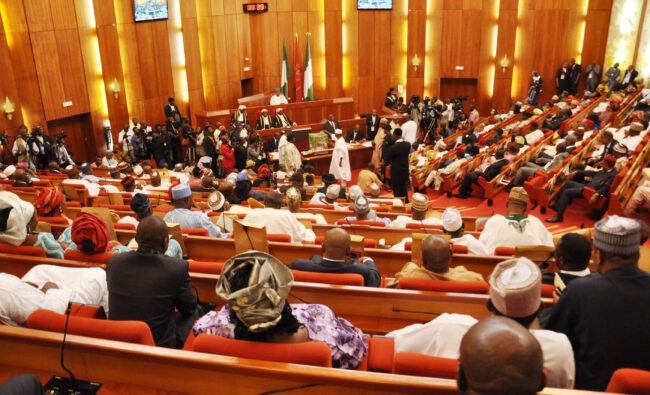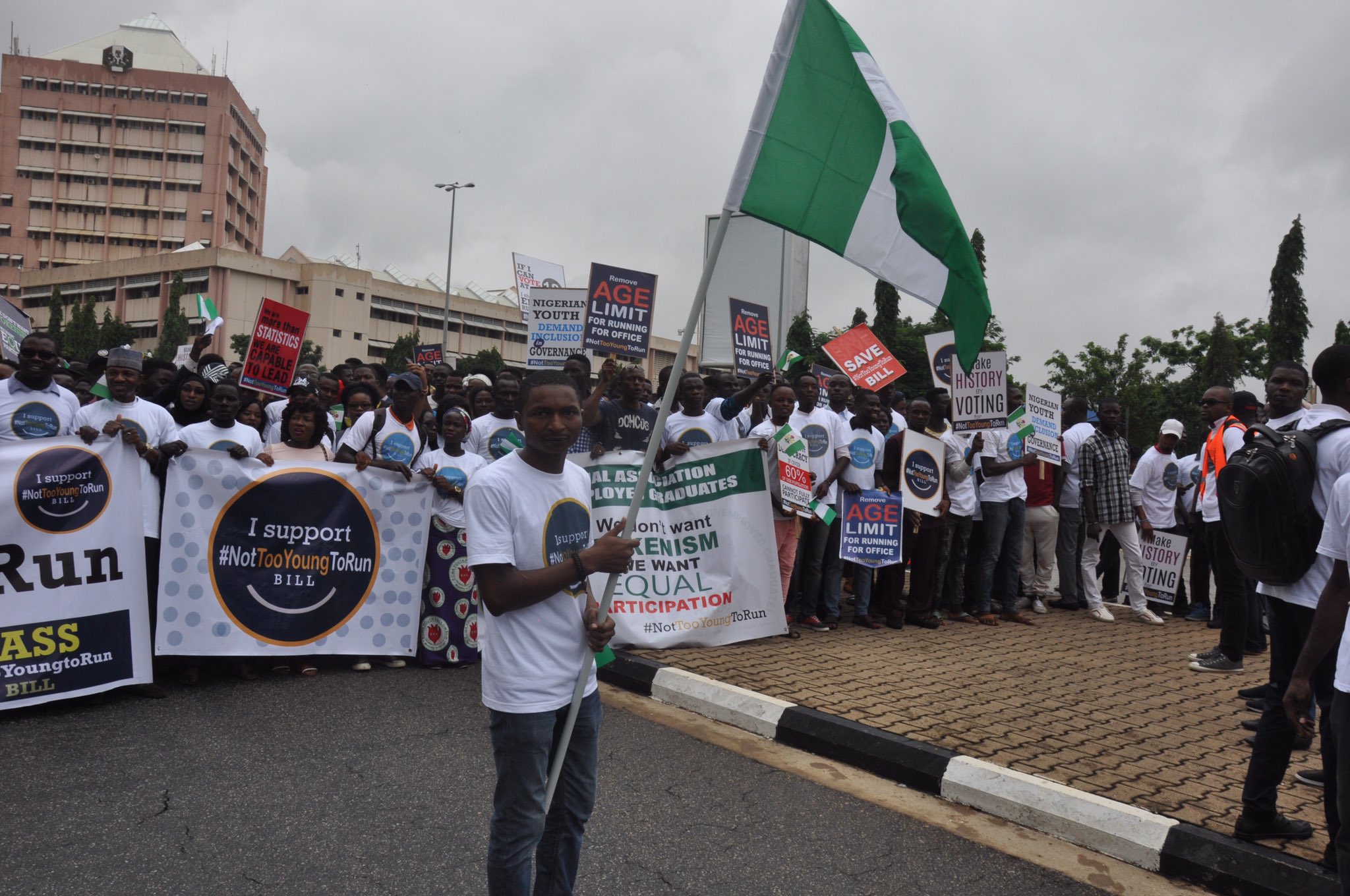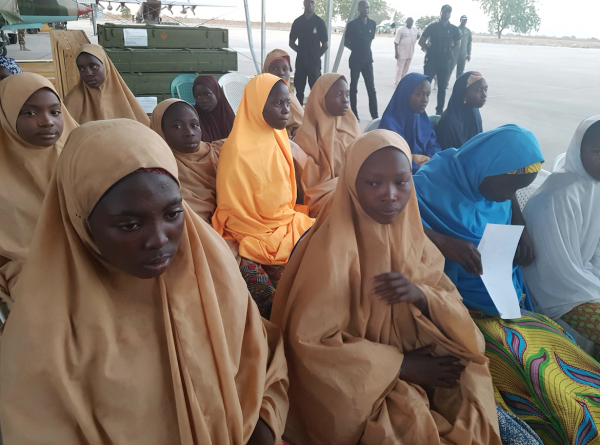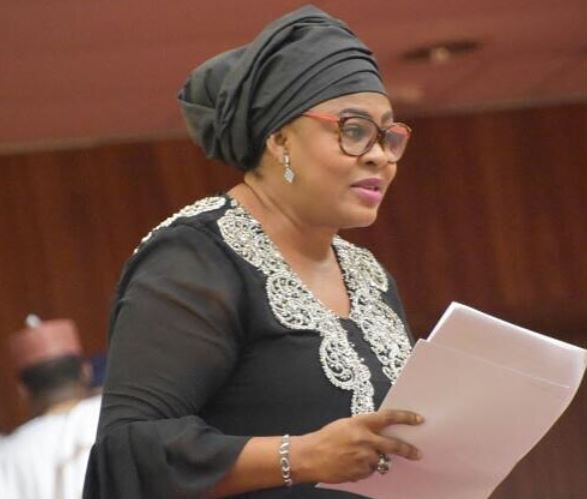EMMANUEL U. OSAYANDE
In a perceived democratic dispensation, as Nigeria is termed to be, one cannot but laugh at the number of controversial developments that plague the country ever so often. One of such developments, which ought to be given intensified focus, is the proposed hate speech bill.
The bill, which has passed first reading in the Senate arm of the National Assembly, purports to curb the increment of ‘hate speeches’ in the country. What is perhaps most absurd about the proposed bill, is its attendant provision of a death penalty for “…any person found guilty of any form of hate speech that results in the death of another person”.
This is undoubtedly an ambiguous description, possessing manipulative capabilities by the ruling class. The possibilities for subjective manipulation are especially rife in a country like Nigeria, where political victimization and vendetta are not uncommon.
More so, the ardent fervour being shown by some members of the National Assembly towards this bill, spearheaded by Sen. Sabi Abdullahi, seems rather premature, if not misplaced. This is owing to the fact that the country is currently riddled with an array of more pressing problems, ranging from insecurity to poverty, and unemployment, to mention but a few. To give a better perspective, for instance, Nigeria recently overtook India as the country with the most people living in extreme poverty in the world.
Advertisement
This came as no surprise as the World Poverty Clock, a non-governmental organization based in Vienna, had hitherto projected such occurrence. Another grating example lies in the recent kidnapping of about 110 school girls in Dapchi, northeastern Nigeria, barely four years after Boko Haram had committed a similar atrocity in Chibok. With regard to unemployment, the National Bureau of Statistics reports an increased rate of 18.8% rate, following the loss of over 7.5 million jobs in 2017. As such, the overemphasis on ‘hate speech’ may well be misplaced at this time.
More so, this course of action by the National Assembly is not unconnected with that of the executive arm that has been spinning such anti-hate speech rhetoric. While this should ordinarily be a welcomed development, one cannot but wonder if this may be a governmental ploy to silence critics, opposition, and secessionist agitations, and influence national narratives.
Among many other democracies, undoubtedly, such bill would have most likely been termed ludicrous from the onset, talk less of gaining traction in the lawmaking process. Here, the United Kingdom serves as a pellucid example.
Advertisement
At this juncture, the way forward may seem glaring, but in truth, cannot be overemphasized. For one, improved articulation and constant evaluation of the objectives of governance vis-à-vis extant national challenges is imperative.
The ‘misplaced priorities’ syndrome that has come to beset the legislative cadre of the country must cease and desist. In other words, we must eschew tales of anachronism that have all but become commonplace in the Nigerian polity. Furthermore, the respect for the rule of law and democracy must be in absoluteness. Here, the sanctity of freedom of expression, an important facet of democracy, should give no room for manipulation.
While it is reasonable to check the excesses of blatant false rhetoric, such oversight must be democratically permissible, to avoid subjective victimization by the powerful, which has many at times been the case in Nigeria. With any hope, this will better position the government to tackle the incessant challenges facing the country.
Osayande, a graduate research assistant at the University of Lagos and co-founder of Erudite Drive, an educational non-profit organisation based in Lagos
Advertisement
Views expressed by contributors are strictly personal and not of TheCable.
1 comments







Straight truths. Beautiful expression!